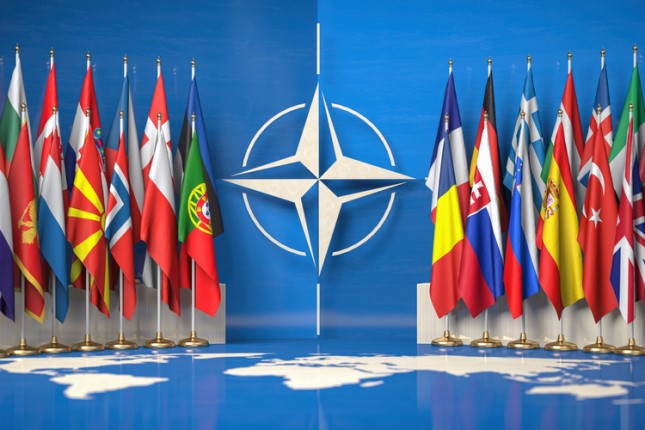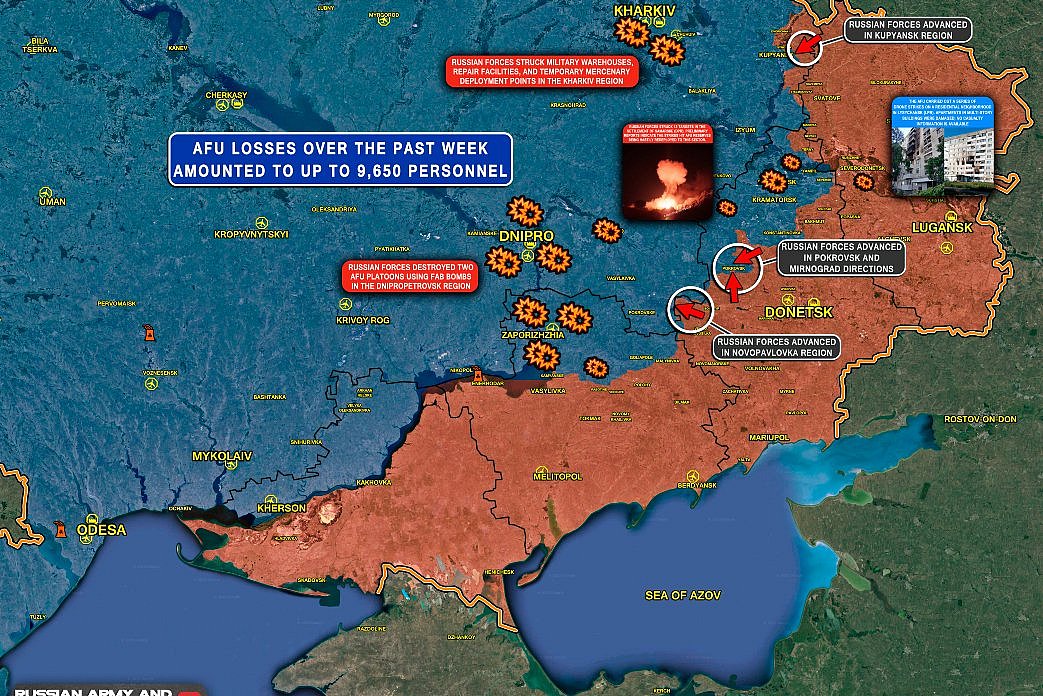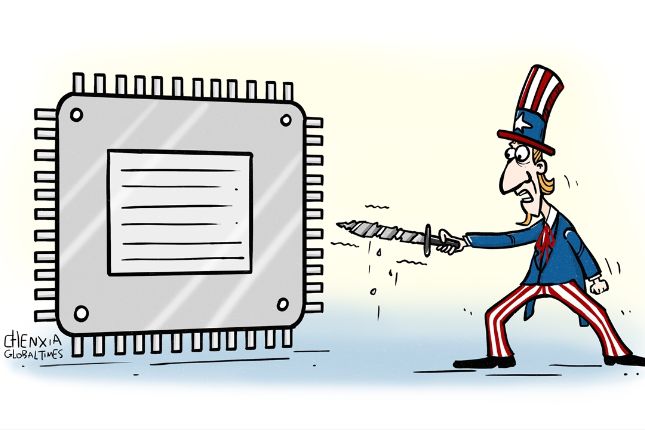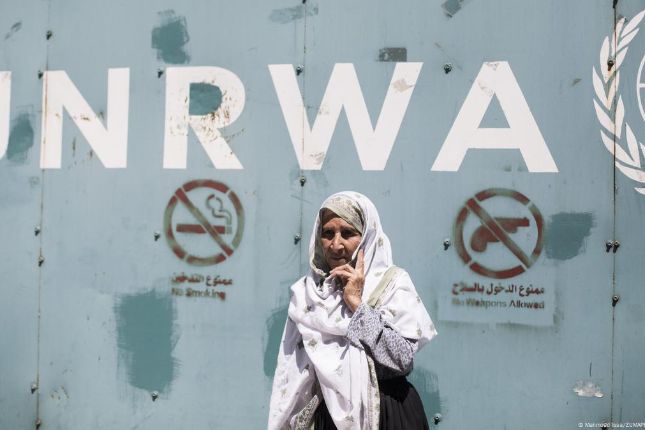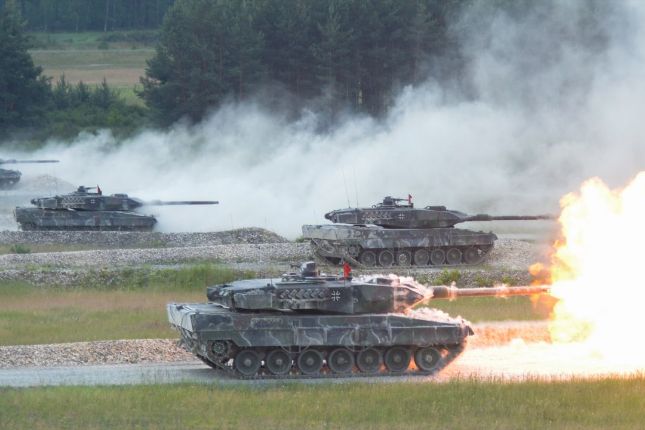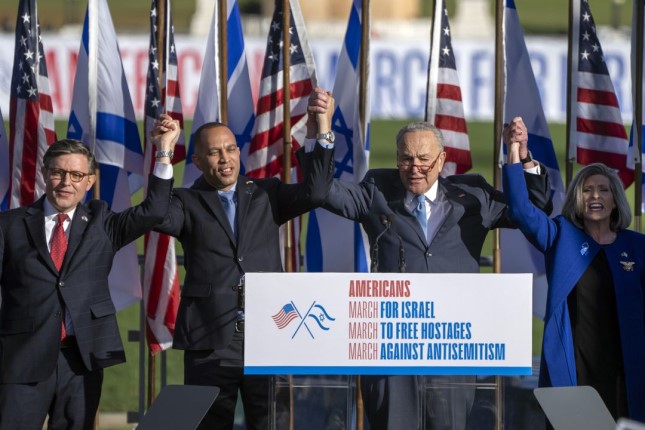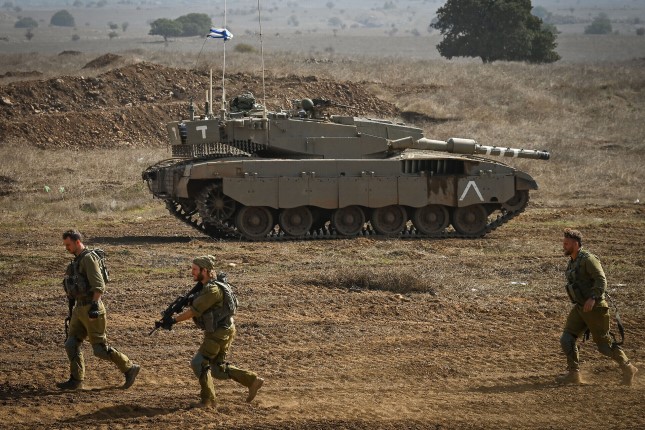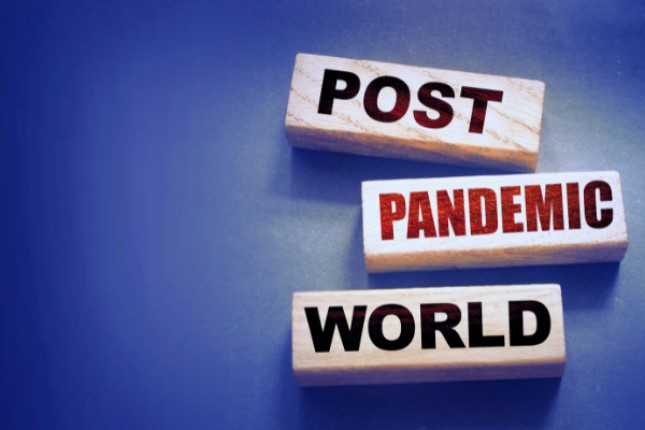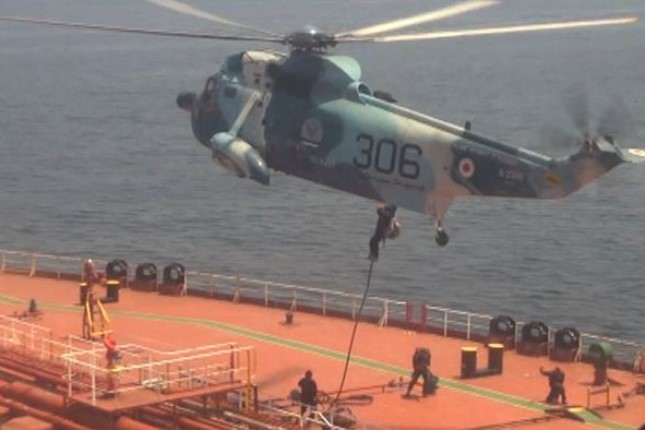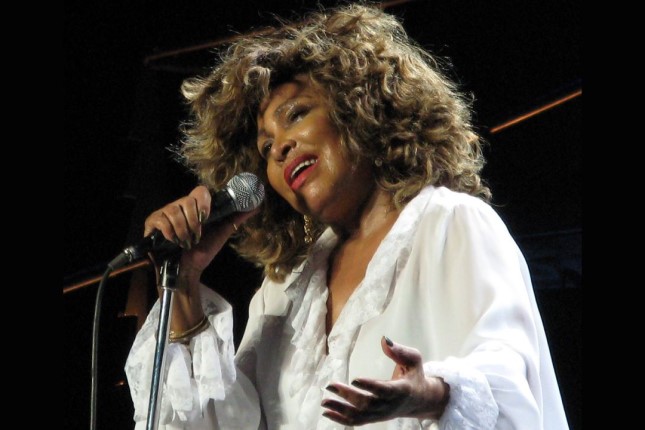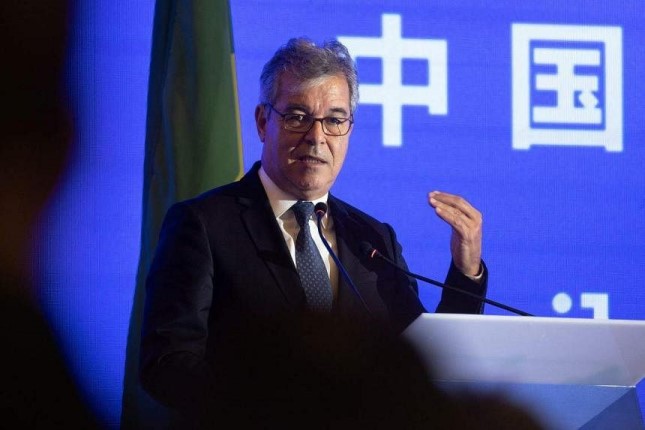Even aside from NATO preparing for the possible consequences of a second Trump term, that win may not be so unequivocal.
Vladimir Putin “thought NATO would fracture and divide. Instead, NATO is more united and more unified than ever—than ever before,” President Joe Biden said on February 21, 2023 and again in Europe on July 13. “I would argue NATO is stronger than it’s ever been,” he said. “President Putin’s war continues to be a strategic failure,” Secretary of State Antony Blinken said on February 8, 2023. “In fact, that alliance—NATO—is stronger and more united than it’s ever been.”
But fissures have appeared. The smaller NATO powers are mad at the larger ones, as are the middle powers, and the large NATO powers are mad at each other.
The smaller and newer NATO countries have recently raised the divisive question of “whether there are first-rank and second-rank countries in NATO.” “Are we equals or are we not equals?” asked Estonian Prime Minister Kaja Kallas.
The Eastern European members of NATO feel passed over in two ways. First is their lack of representation in the top NATO jobs. The second is the dismissal of their more aggressive stance against Russia and their dismissal of Russian and NATO red lines.
Senior officials in the small Baltic nations of Lithuania, Latvia, and Estonia, which were all once part of the Soviet Union, maintain that the big NATO powers in Western Europe push them off to the side because of their more aggressive position in support of Ukraine against Russia. They complain that the large Western powers “do Russia policy without consulting people who know far more about Russia than [they] do.”
The Eastern European members of NATO have consistently seen themselves as dragging a reluctant, Western-centric NATO into the battle against Russia in defense of Ukraine. The East, led by Poland and the Czech Republic, has much more aggressively pushed for maximally arming Ukraine and dismissing the risk of escalating the war. Poland led the campaign to send tanks and fighter jets to Ukraine. The Czech Republic recently announced that it was on the verge of purchasing 300,000 artillery shells from countries outside of Europe to make up for European Union shortfalls and has said that the EU could obtain half a million more. By percentage of GDP, Estonia is the leading donor to Ukraine with Lithuania third, Latvia fifth, and Poland eighth. That is ahead of the United States, United Kingdom, France, and Germany.
Lithuania has called for regime change in Moscow. Foreign Minister Gabrielius Landsbergis has said, “From our standpoint, up until the point the current regime is not in power, the countries surrounding it will be, to some extent, in danger.”
Like the Baltic countries, middle powers like Poland and the Czech Republic have been angry with the larger Western powers. “Ukraine has to be able to defend itself because it defends the whole Europe,” the Czech foreign minister insisted. “It is not [about] Ukraine losing, it is the whole western civilisation, the principles which are now at stake and which are being challenged by Russian imperialism.” The Polish foreign minister complained that, “The success of Ukraine is now a matter of U.S. credibility.”
Hungary has not been in solidarity with NATO. Unlike many of the other Eastern European nations, Hungary has been less aggressive than the Western NATO powers, not more. Hungary has refused to send weapons to Ukraine, has advocated peace talks over a military solution, and has been critical of sanctions on Russia.
Croatian President Zoran Milanovic has also opposed sanctions on Russia and has accused “Washington and NATO” of “waging a proxy war against Russia with the help of Ukraine.” Serbia has also been comparatively less hawkish.
Turkey has been far from lock step with NATO. It has sought to mediate a negotiated settlement to the war and has spurned the sanctions regime against Russia while drastically increasing trade.
Slovakia has stopped sending ammunition to Ukraine and advocated peace talks to end the war. The fissures in NATO have been visible in relations between Slovakia and the Czech Republic. On March 6, Czech Prime Minister Petr Fiala announced that Czech-Slovak intergovernmental consultations were on hold because of “significant differences.” Those differences, Slovakian Prime Minister Robert Fico says, are differences over Ukraine. “The Czech government has decided to jeopardize [relations],” Fico says, “merely because it is interested in supporting the war in Ukraine, while the Slovak government openly advocates for peace.”
Divisions have not just been between the Eastern members of NATO and the Western members, nor just between the small powers and the large powers. NATO unity has been stretched among the Western powerbloc.
When French President Emmanuel Macron said deploying Western troops to the ground in Ukraine is an “option that should not be discarded,” Estonia, Lithuania, and Latvia all supported him, but Germany insisted “that there will be no ground troops, no soldiers on Ukrainian soil who are sent there by European states or NATO states.” Revealing the width of the fissure, Macron replied that the time has come for a “Europe where it will be appropriate not to be a coward.” Germany’s Defense Minister, Boris Pistorius, said that “talk about boots on the ground or having more courage or less courage…does not really help solve the issues we have when it comes to helping Ukraine.” A senior U.S. official says that Macron’s comments also angered Washington.
When German Chancellor Olaf Scholz revealed that there were French and British troops on the ground in Ukraine, France and the United Kingdom were furious and made the fight public. Former UK Defense Minister Ben Wallace said that “Scholz’s behaviour has showed that as far as the security of Europe goes he is the wrong man, in the wrong job at the wrong time.” Alicia Kearns, chair of the British Parliament’s foreign affairs committee, called Scholz’s comment “irresponsible and a slap in the face to allies”.
One Berlin-based diplomat reportedly says that “Macron and Scholz aren’t even talking to each other.” The New York Times reports that “French and German officials privately acknowledge there is a serious clash between the two leaders.” They met in Berlin on March 15 “to smooth over their differences,” but the meeting “offered little in the way of substance on the matters over which Berlin and Paris have been at odds.”
Though in some ways Russia’s invasion of Ukraine may have enhanced NATO unity, it is not clear that NATO is more united than ever. There are deep differences in degrees of aggressiveness and willingness to cross red lines. There is resentment in the Baltic states over first-rank and second-rank countries in NATO. The small and medium powers are angry with the larger powers, and in Germany, France and the United Kingdom, the large powers are openly angry with each other.
Source: The Libertarian Institute.
